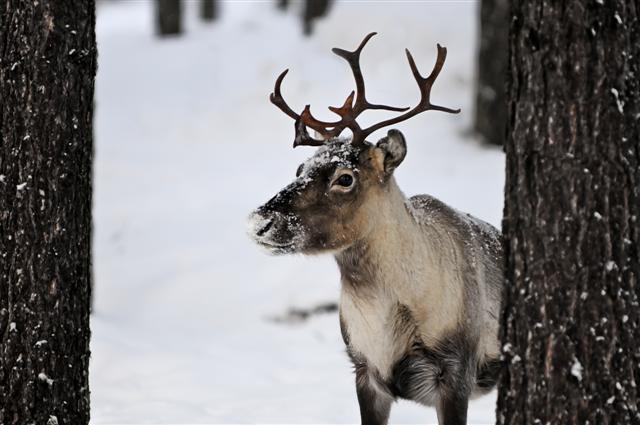A White House Arctic science summit taking place in either August or September will bring together science ministers from Arctic Council nations and other countries that have significant Arctic science programs, said U.S. Ambassador David Balton, chair of the Arctic Council’s Senior Arctic Officials (SAO) group, at an 18 March briefing.

U.S President Barack Obama and Canadian Prime Minister Justin Trudeau announced the ministerial meeting in a 10 March communiqué while Trudeau was visiting the White House.The agenda for the summit will include discussions of climate change and other issues such as how to sustain a network of instruments to observe environmental and biological conditions in the Arctic.
The United States is nearly midway through its 2-year chairmanship of the Arctic Council, an intergovernmental forum of eight Arctic nations that includes the United States, Russia, and Canada and five northern European states. Last week’s briefing took place at the conclusion of the spring SAO meeting in Fairbanks, Alaska.
Arctic Science Progress
Under U.S. chairmanship, which began last year, the council has launched a series of initiatives, Balton said, including efforts to protect the marine environment. He said that many Arctic nations already have extensive marine protected areas and that a council working group is “chugging forward” to build a pan-Arctic network of marine protected areas.Calling attention to climate change in the Arctic and helping local communities adapt to changes is a high priority for the United States, Balton said. He said the council is discussing how to best deal with climate change in the Arctic in the wake of the Paris climate agreement that set warming targets. “What does that really mean for us in the Arctic?” he asked. “We need to understand this better.”
Balton said diplomats at the council meeting did not explicitly discuss a call by some environmental groups for a ban on oil and gas development in the region. “The views of the Arctic states on a question like that at this point are quite mixed,” he said. “There are a number of Arctic states that depend heavily on oil and gas development for their economic well-being.”
Balton noted that a legally binding agreement on scientific cooperation in the Arctic region “is coming to fruition as we speak.” He said the agreement could be ready for approval at the 2017 ministerial meeting of the council. The agreement, which could cover research access and data sharing, will “break down barriers that still remain, unfortunately, to the conduct of scientific research throughout the Arctic,” Balton said.
